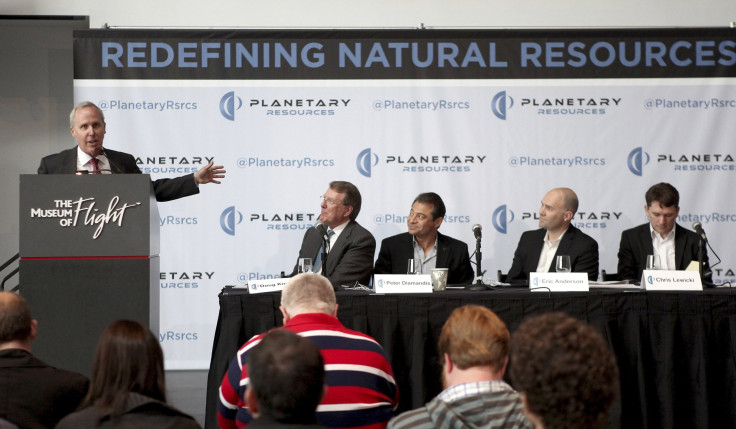US House's Proposed Budget Could Limit NASA's Ability To Compete With Private Space Exploration And Space Energy Companies

The growing imbalance between deep corporate pockets and limited government budgets is marking a fundamental change in the future of space exploration.
The U.S. House's subcommittee on Science, Space and Technology is drafting a bill that would cap the amount of money devoted to NASA to $16.87 billion and force the government's space exploration agency to cease some of its more grandiose pursuits in lieu of more practical ones. This reallocation of project funding could effectively clear the way for super-rich private corporations to pursue space projects that NASA could no longer pursue.
The House subcommittee has scheduled a hearing on the NASA Authorization Act of 2013 on Wed., June 19.
One of the immediate impacts of the new budget cap would be "no funding for an asteroid rendezvous mission," according to an official summary of the bill. The purpose of such a project would be to divert the trajectory of a small asteroid to bring it into earth's orbit so it could be mined for its valuable minerals.
However, if the House's proposed budget limitations pass, only emerging private space exploration companies would be capable of pursuing the project. If successful they'd take the credit for discoveries and reap the benefits of a potential $195 billion in mineral resources.
Two aerospace companies have set their sights on such a future of space mining. Washington, D.C.-based Deep Space Industries Inc. (DSI) and Bellevue, Wash.-based Planetary Resources are building the war chests to do what the government can't. Its backers are Google Inc. (NASDAQ:GOOG) founders Larry Page and Sergey Brin.
The summary of the House subcommittee bill states that if the House and Senate agree to repeal and replace the Budget Control Act, then funding would mostly be added to the International Space Station, Space Launch System and Commercial Crew programs,but not to the asteroid mining program.
© Copyright IBTimes 2024. All rights reserved.






















